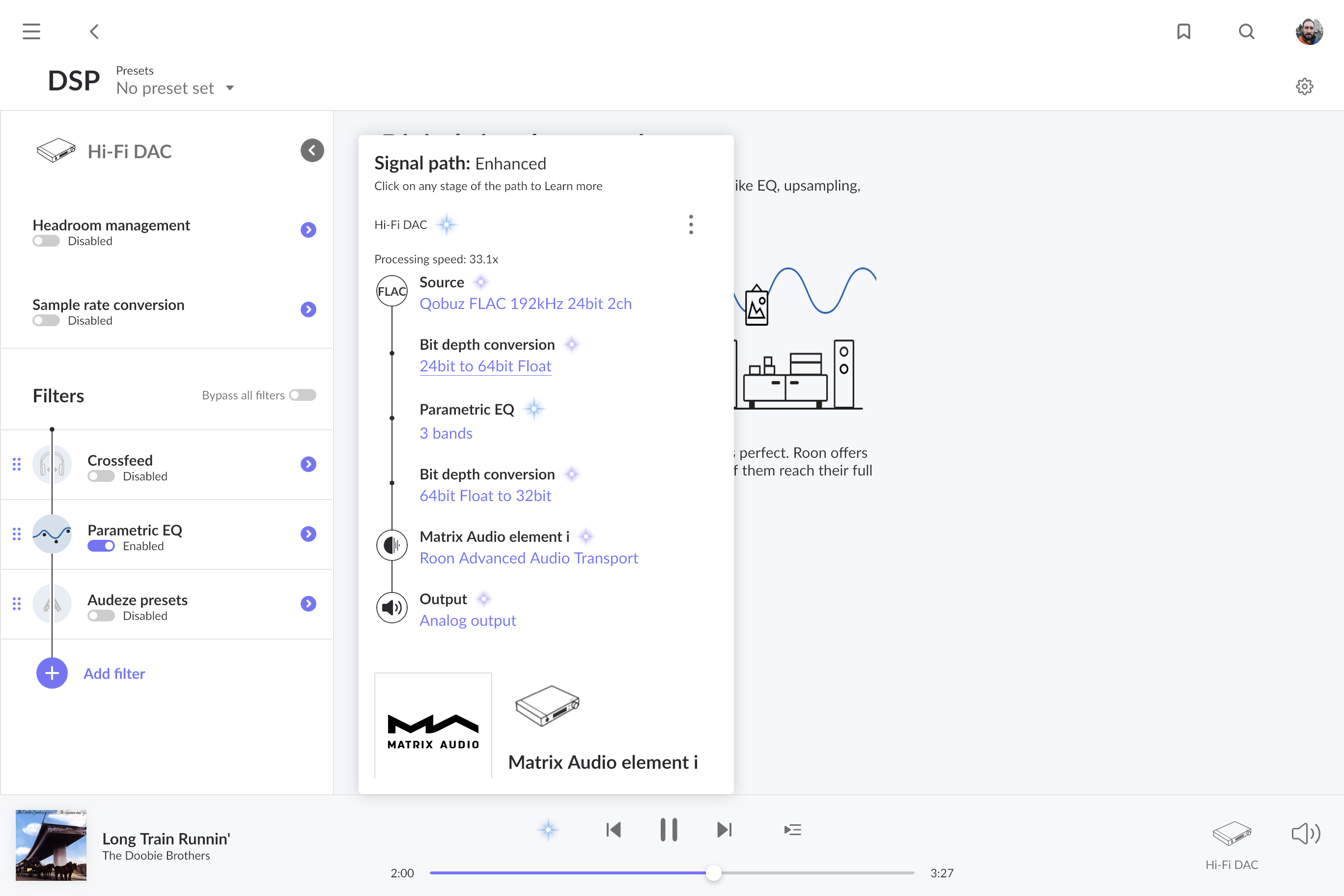Correct.
The (bit)perfectionist won't tolerate any kind of DSP. By definition DSP is altering the bits.
IMHO there was a time (2000-2010) when using a PC as a transport was popular and indeed not without problems.
Operating systems run a mixer all the time. If your DAC is 16 bit, it will convert the audio to float, mix (even if 1 stream is running), dither and convert back to 16 bit integer.
So you add some noise to the recording but it is completely senseless to do so.
Hence the need to bypass the OS audio.
Obvious, if you have a 24 or 32 bit DAC (common today) and choose 24 or 32 as the default, you won't have this problem as dither at -144 or -192 dBFS is way below the noise floor of you playback chain so inaudible.
Likewise most OS run at a fixed sample rate. All audio running at a different sample rate must be resampled. Again at that time this was not without issues. Win XP was famous for its K-mixer. Because of computational elegance, all was done in integer. Very fast but highly inaccurate as well.
Some nice examples:
https://www.thewelltemperedcomputer.com/KB/SRC.htm
Once again, a good argument to bypass the OS.
Today sample rate conversion is completely transparant with a known exception that can be solved using EQ APO:
https://www.thewelltemperedcomputer.com/SW/Windows/SRC.htm
Using a modern DAC and a recent operating system, dither and sample rate conversion are solved problems.
No reason to avoid DSP if this gives you a better sound.
In fact better use DSP if it improves the sound instead of clinging to a dated concept.







